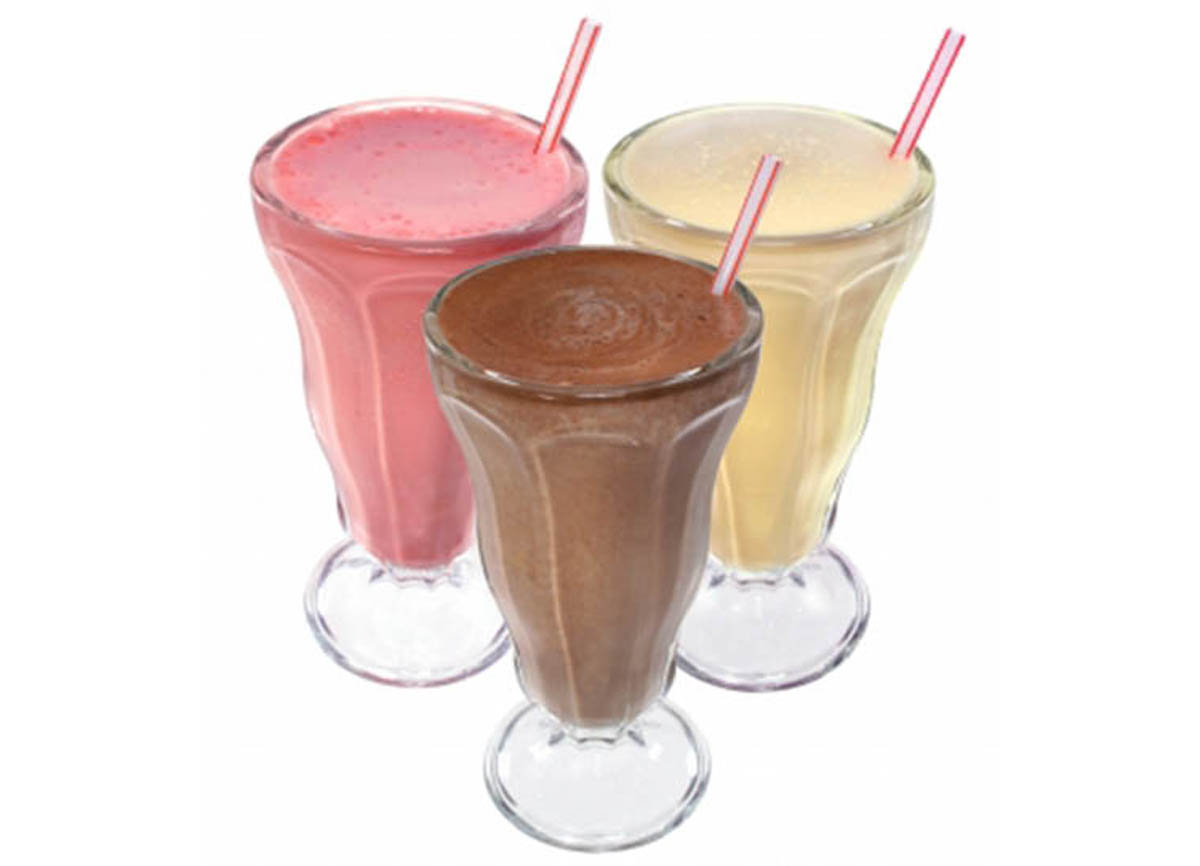
Though the shakes are not thought to be harmful to health, a person should not expect to lose weight because protein shakes still contain calories and consuming too much protein can actually stall weight loss.
For a person with dietary issues or certain health conditions, protein shakes can prove to be a beneficial addition. For people with difficulty digesting the proteins found in animal fats or vegetables, a protein shake can be much easier on the digestive system and help the person reach the daily protein allotment necessary and maintain a healthy body weight.
What is a Protein Shake?
- Be intended for ingestion as a pill, capsule, tablet, liquid or powder form
- Not intended for use as a conventional food or as the sole item of a diet or meal
- Labeled as a “dietary supplement”
How Much Protein Does a Person Need Per Day?
When a person does not consume enough protein in the daily diet, all the internal organs are affected and the immune system suffers, which means a higher risk of sickness and infection. How much protein is required daily differs between men and women, below are the following recommendations for men:
- Men: between the ages of 19-30 years old, approximately 56 grams per day.
- Men: between the ages of 31-50 years old, approximately 56 grams per day.
- Men: between the ages of 51-70 years old, approximately 56 grams per day.
For women, the recommendations are as follows:
- Women: between the ages of 19-30 years old, approximately 46 grams per day.
- Women: between the ages of 31-50 years old, approximately 46 grams per day.
- Women: between the ages of 51-70 years old, approximately 46 grams per day.
The following tables were designed as a reference point for men and women, daily protein requirements will vary from person to person and growing children need as much as three times more protein than the average adult for proper brain, muscle and body development.
The average adult needs between 46-56 grams of protein per day, however, the amount will vary depending upon a person’s body weight and overall general health.
How Much Protein is in a Protein Shake?
- Whey isolate: 110-159
- Whey concentrate: 104
- Whole egg: 100
- Cow’s milk: 91
- Egg white: 88
- Fish: 83
- Beef: 80
- Chicken: 79
- Casein: 77
- Soy: 74
- Rice: 59
- Wheat: 54
- Beans: 49
What Type of Proteins are Found in Shakes?
The most common types of ingredients found in protein shakes vary from manufacturer and brand. Protein shakes contain a wide variety of different proteins which include, but are not limited to the following:
Whey protein: most common type of protein used, which contains high levels of all the essential amino acids and is readily absorbed by the body.
Casein protein (milk protein): richest in glutamine, an amino acid essential for recovery and also contains casomorphin, which helps the body absorb amino acids.
Soy protein: contains all the essential amino acids and is a source of alternative protein for those observing a vegan lifestyle. Soybeans also contain isoflavins, a type of phytoestrogen which has weak estrogenic activities.
Hemp seed: contains complete and easily digestible protein and the oil is high in essential fatty acids.
When Protein Shakes are Not a Good Idea?
The following is a list of circumstances and instances where a person may want to limit or discontinue using protein shakes:
- Consuming too much protein can lead to more body fat: when a person consumes more protein than the body needs, it does not automatically become converted into muscle. When more protein than is needed is consumed, the result is stored as fat.
- Too much protein can lead to kidney damage.
- Consuming too much protein can cause heart disease.
- Too much dietary protein can lead to chronic digestive and gastrointestinal problems.
- An overconsumption of protein can lead to the formation of tumors and cancerous growths.
- Eating a large amount of protein in the diet for prolonged periods can lead to biochemical imbalances in the tissues due to over-acidity.
- Protein overload in the diet can lead to arthritis and joint problems.
- Excessive amounts of dietary protein can lead to bone loss and osteoporosis.
READ Bodybuilding And Protein Shakes: Scientific Evidences
Overview
- www.webmd.com/diet/protein-shakes
- health.msn.com/fitness/articlepage.aspx?cp-documentid=100166349
- www.maximuscle.com/research/wheythekingofproteins.html
- www.rawfoodexplained.com/the-dangers-of-a-high-protein-diet/the-enigma-of-protein.html

